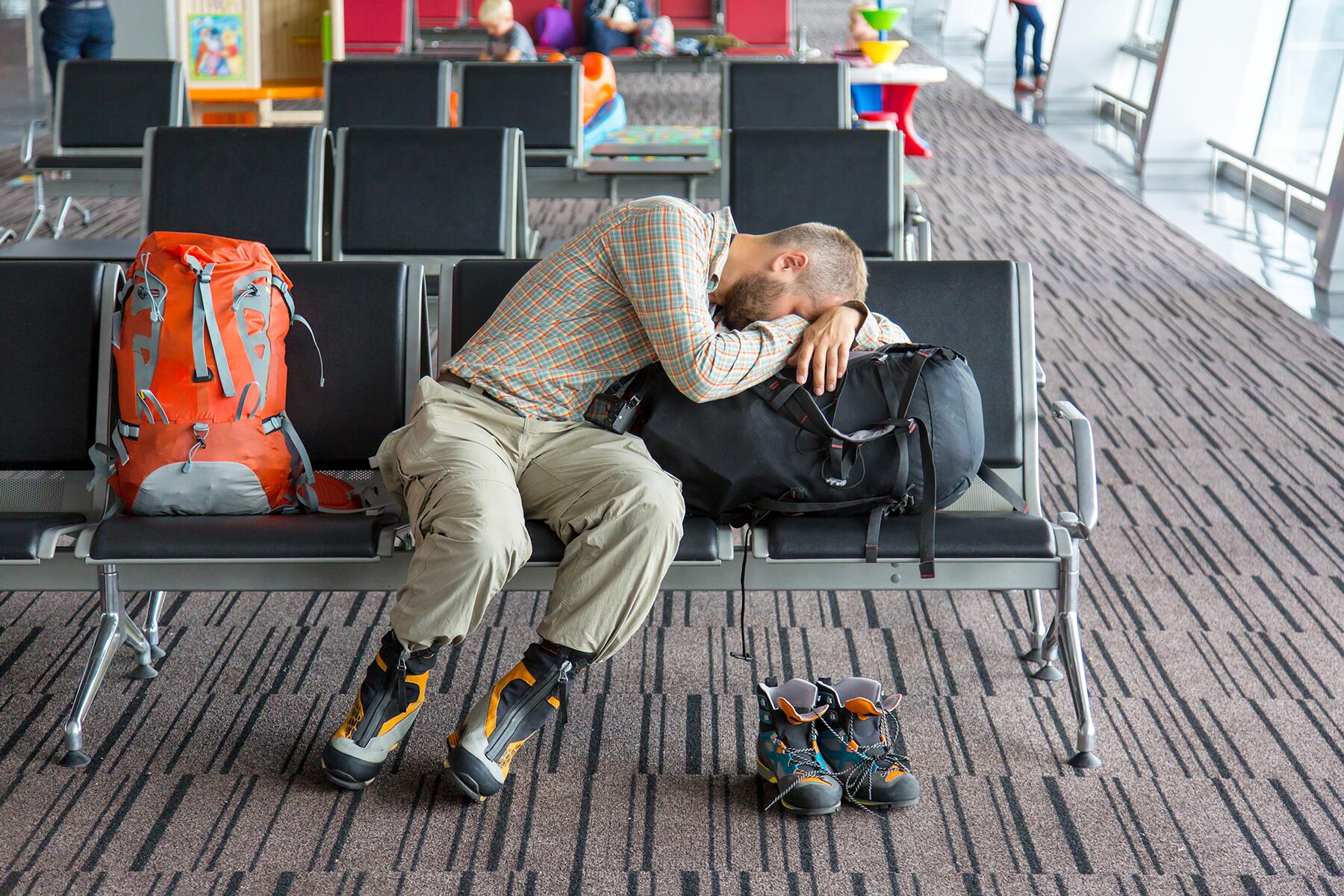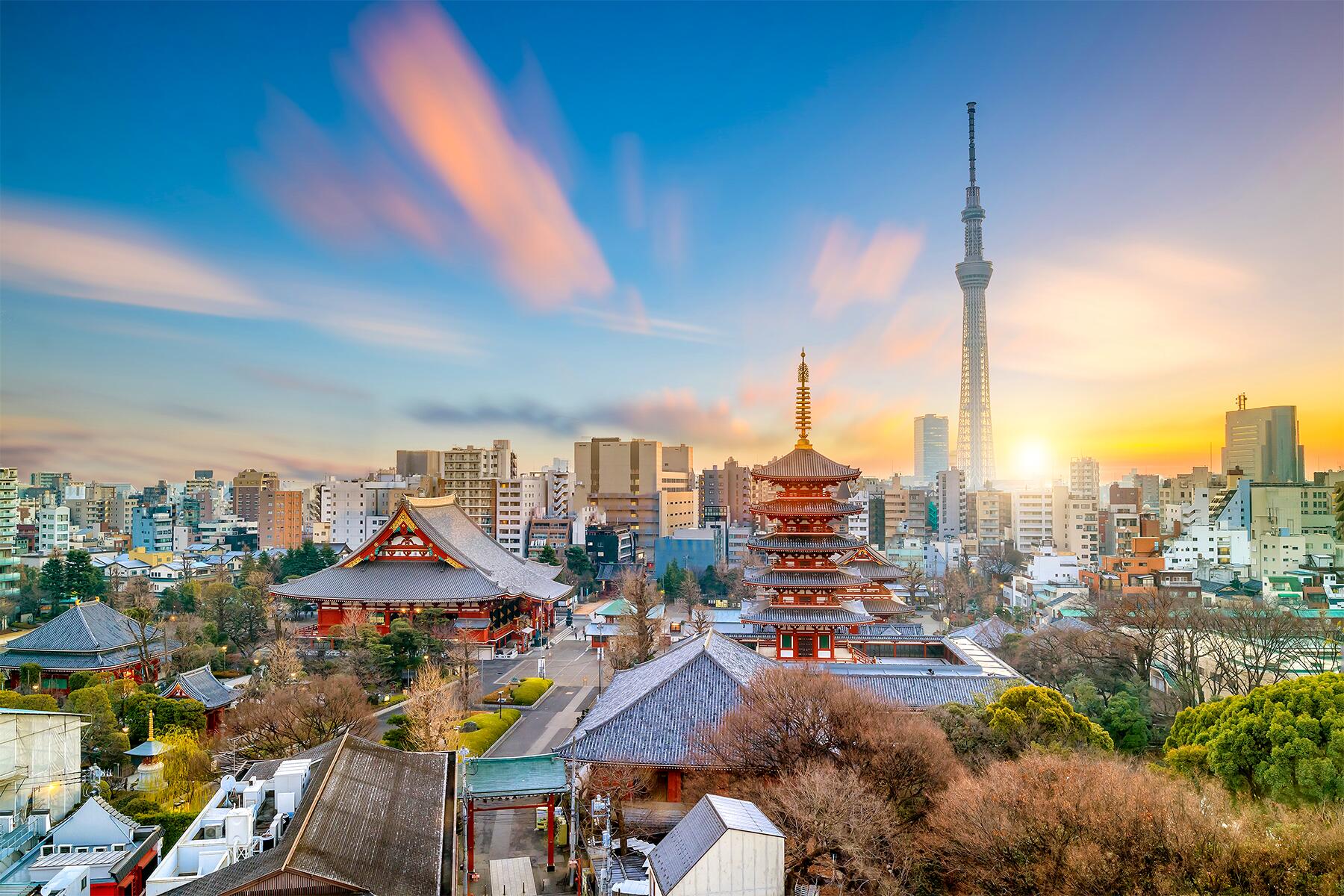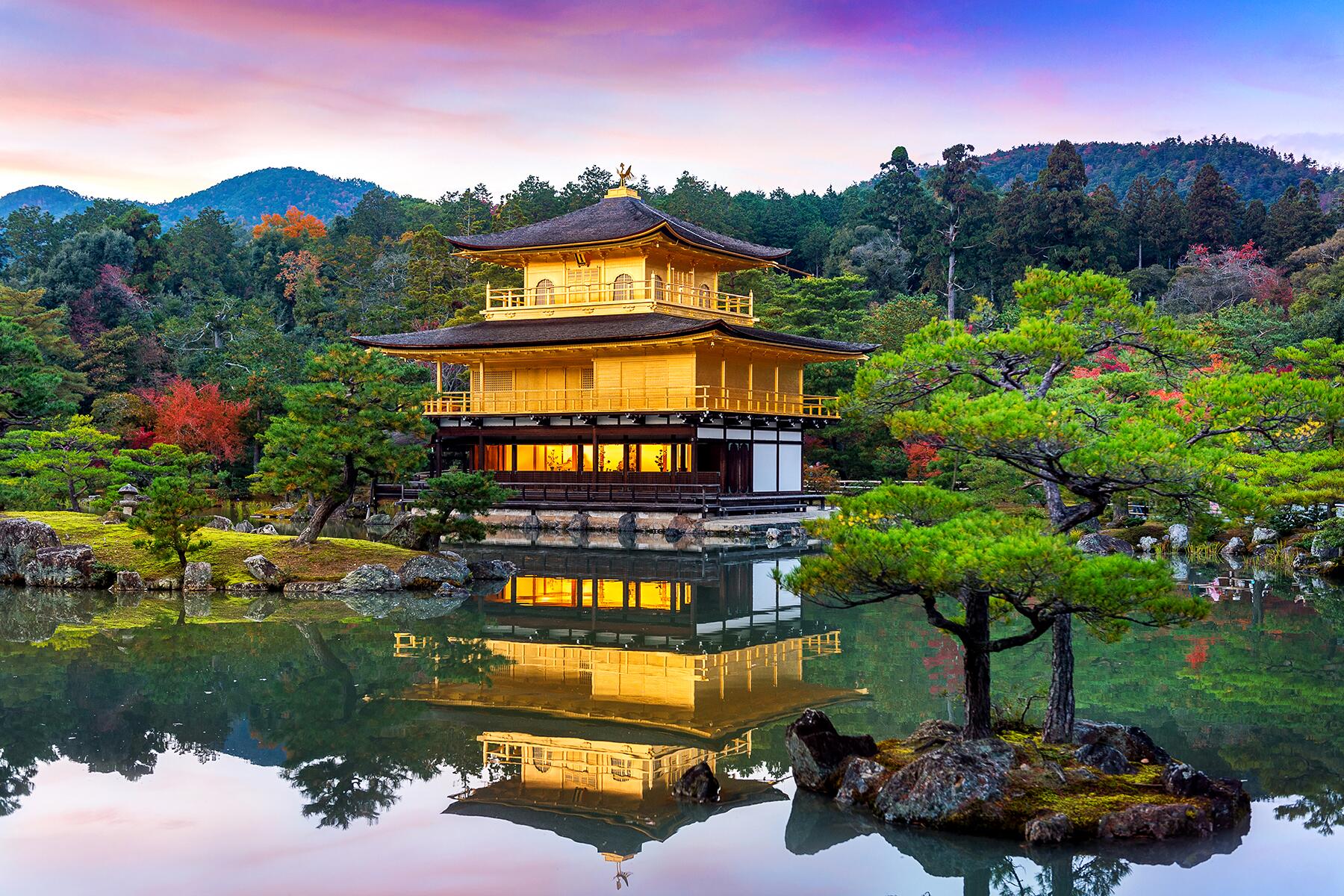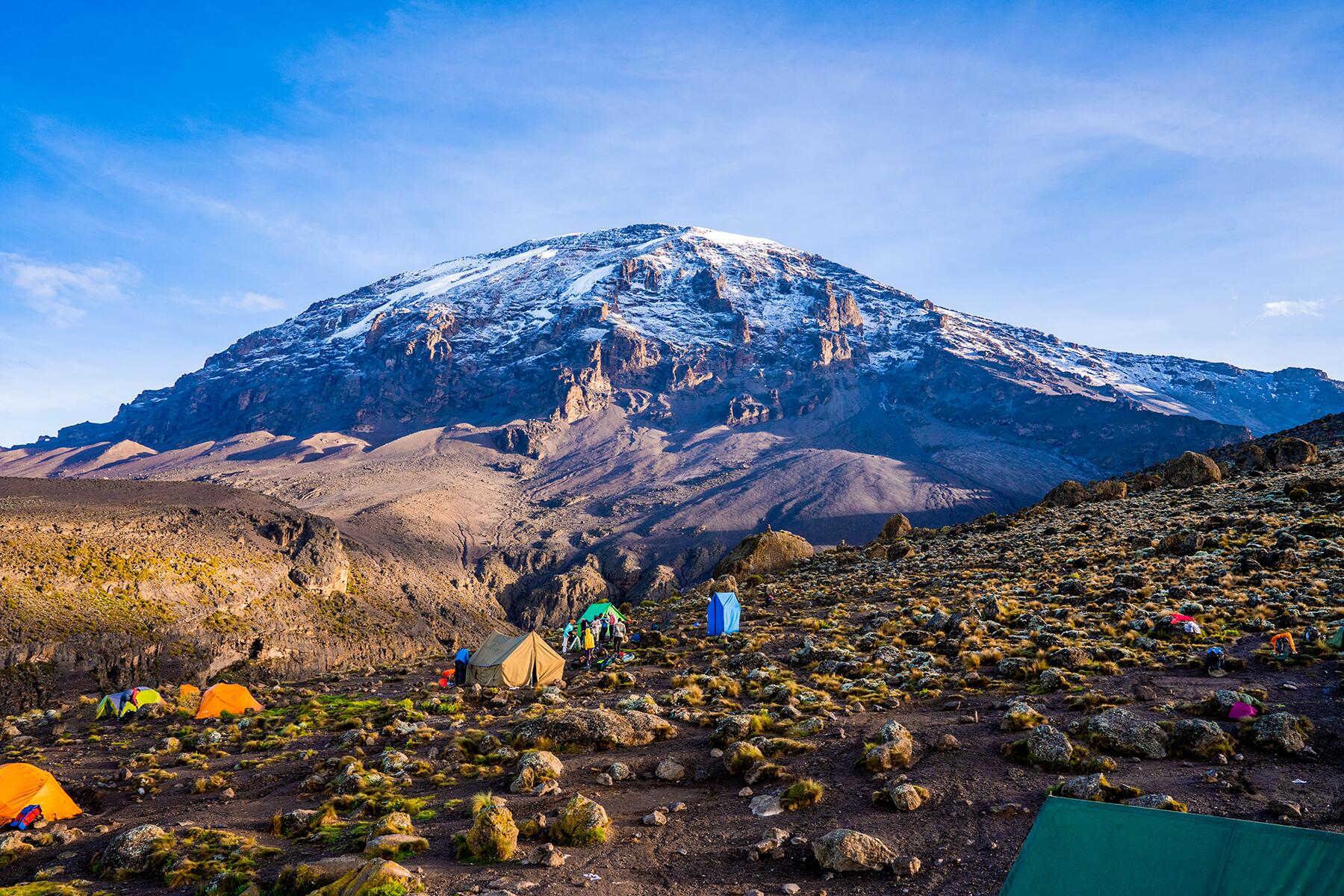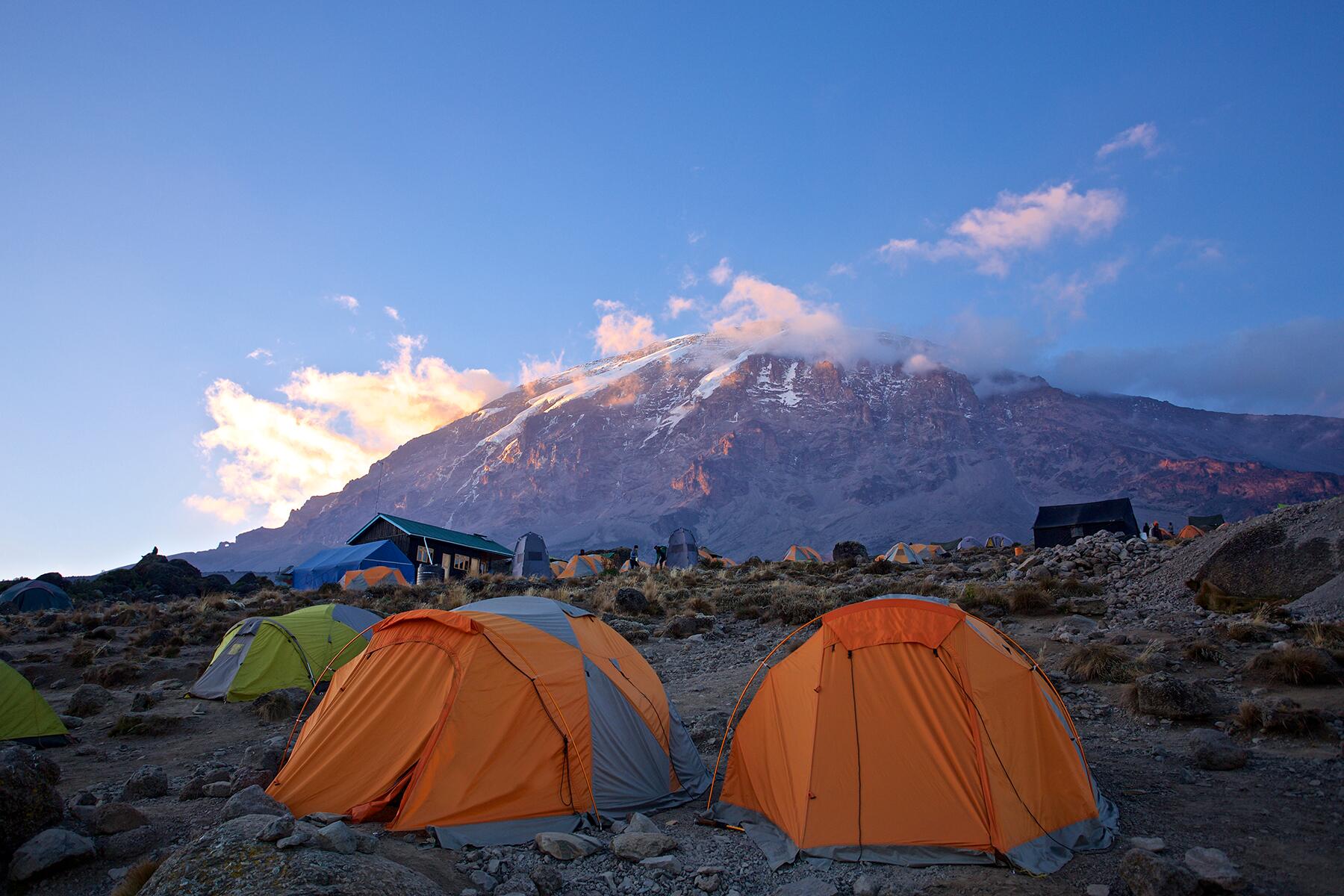Before you climb Kilimanjaro, there are government-issued COVID-19 preventive and control measures locally that you must know about first.
Mount Kilimanjaro in Tanzania is one of the most popular trekking destinations in the world with over 65,000 international tourists attempting to climb it in 2019. Like other famous tourist destinations, the pandemic has changed the level of tourism and infrastructures in the Kilimanjaro region within the past year. While many countries all over the world shut down their tourism in some way at one point or another, Tanzania has managed to remain open since the COVID-19 pandemic began.
As populations all over the world enter the vaccination phase, many are beginning to consider traveling internationally again. Tanzania, whose borders have remained open all this time with minimal COVID-19 requirements for entry, is likely to be high on many travelers’ lists. In light of the controversial approach that the Tanzanian government has taken to address the COVID-19 pandemic, such as minimizing the seriousness of the pandemic and the lack of solid reporting on the number of COVID-19 cases that the country has had to date, the question remains how safe is it for tourists to do a Kilimanjaro climb?

How Tanzania Reacted to the COVID Pandemic
Glory Thobias Salema, the owner of the tour company, Adventure Women Africa, has been working as a guide for Kilimanjaro climbs for nine years. Salema is familiar with the hazards for tourists and tourism workers alike, including hypothermia and altitude sickness, as climbers reach Uhuru Peak, the summit of Kilimanjaro at 19,341 feet.
Top Picks for You
Recommended Fodor’s Video
However, in March of 2020, Salema and all tourism workers in Kilimanjaro faced an unprecedented challenge brought by the onset of the COVID-19 pandemic. Now, over a year later, the consequences can still be seen and felt on the ground. The number of tourists has dropped to a historic low level and remained there despite Tanzania’s more lax approach to the pandemic when compared to its neighboring countries and the rest of the world. Tanzania only requires proof of a negative test result for COVID-19 from tourists entering the country, but that doesn’t mean there aren’t protocols in place.
According to Salema, starting in March of 2020, Tanzania’s Ministry of Health initiated its partnership with the Ministry of Natural Resources and Tourism to develop the National Standard Operating Procedures for the Management of COVID-19 in the Tourism Business Operations, also known as “SOPs.” All stakeholders in the tourism sector were called upon to help develop these standards, which cover the country’s entire tourism infrastructure. The goal was to create a comprehensive list of measures to protect everyone from COVID-19.
At the completion of the SOPs in May, the tourism professionals were mandated to undergo training led by the Ministry of Health. Salema recalls attending one of the seminars in July over a three-day period and notes, “The training was for everyone in tourism, even the people selling souvenirs. It was mandatory for everyone. The training went on for four to five months and took place in several places. They taught us about the safety procedures including the need to social distance, wear masks, and perform self-quarantining at home before and after every trip.”
Sirili Akko, the CEO of Tanzania Association of Tour Operators (TATO), further explained, “The creation of the SOPs was an immediate response to the pandemic, and as an association, we were required to have liaison officers who acted as advisors on the SOPs and any status updates pertaining to COVID-19. The liaison officers advised the tour operators of the mandatory trainings and ensured that they were compliant with the SOPs.” TATO, which was established in 1983, is a membership-based non-profit association for tour operators.
Despite Tanzania’s immediate response, tourists remained out of reach. Lukiano Barnabas, a freelance guide, took the training in May but since then has only led a total of four tour groups. In the beginning, Barnabas found the new protocols challenging noting, “When I talk with guests, we usually shake hands, talk close to each other as part of our culture but now I’m required to keep distance when providing information. This requires me to speak loudly which is a challenge to do all the time.”
For Salema, her immediate concern was safety for the tourists and herself when she received her first group to climb Kilimanjaro in September. “In the beginning, it was tough,” she says. “My first group was from Portland, Maine. The group members all knew each other and tested negative for COVID-19 before flying into Tanzania. But, despite that, I was still nervous. As a leader, you have to be careful and concerned.”
Salema reports she has guided only four groups since July, three of which were trekking tours and one was a safari tour. In prior years, Salema would have had had twelve groups by now. In all four trips that she led, she implemented the SOPs mandates.
The SOPs Protocols
“At the airport,” says Salema, “the tourists must show proof of a negative test result for COVID-19. The airport requires temperature checks, social distancing, and masks. Before entering the vehicle, I provide them with hand sanitizers and masks. When they arrive at the hotel, they must undergo the same procedures—masks, temperature check, hand sanitizer, and social distancing. The following day, I provide my guests information about the COVID-19 protocols during our trek briefing. I make sure they understand the importance of personal safety and that everyone’s actions can impact the health and safety of others in the group. When we check the guests’ gear prior to the start of the trek, the guests must arrange their items on the bed from head to toe. I then inspect the items with gloves. On the trail, we advise the guests to practice social distancing. Tents at the campsites are arranged far away from each other to keep up with social distancing. We no longer eat and share meals at dining tents as a group. Instead, each client is handed an individual plate and we try to eat outdoors as much as possible while keeping distance from one another.”
To promote good hygiene, Salema also brings a portable toilet for her group’s use and ensures that the toilet and entryway are disinfected regularly with an anti-virus chemical. The tourists are advised to carry and use their own toilet paper. As to the group’s meals, the chef prepares and cooks food outdoors as opposed to cooking indoors via kitchen tents. Disinfecting the group gear such as tents, mats, as well as, kitchen and cooking wares is also part of the regular COVID-19 control measures.
Changes were also made with respect to emergency evacuation procedures. Porters who are tasked to execute the evacuation are now required to wear masks and gloves. Salema recommends that tourists advise the ranger at the park gate of their insurance card information so that the ranger can make the call immediately when warranted. According to Akko, TATO has also added ambulances inside the Kilimanjaro National Park and other parks in the region which are for the use of both the tourists and locals.
With so many new protocols now in place, climbing up Kilimanjaro is evidently not going to be the same experience as before the pandemic. However, Salema notes that the tourists who have climbed it during the pandemic thus far were fully receptive to the changes and adjusted better than she anticipated. “The guests I’ve had were calm and relaxed,” she says. “They understand the reasons behind them and have been compliant for the most part. This made me less anxious.”
Barnabas adds, “Tanzania is safe to visit. The National Park and hotels are all safe. Since COVID-19 started, I don’t know of anyone who got sick from COVID-19 or died from it. I’m not saying there’s no corona. There’s corona here but we are following the protocol.” He explains, “As a guide, we protect our guests. We take care of them from the time of their arrival until departure. We use guidelines to protect ourselves.”

The Cost of These Measures on Tour Operators
While some operators follow the SOPs, there are those that refuse or fail to follow them due to increased costs, time, and effort. Because, despite all the SOPs requirements, there is no mention as to who should assume the costs. As such, tourists should be aware that in some instances, guides and porters will have to pay out of pocket for their required protective gear. Oftentimes, tourism workers, especially porters, cannot afford this. This is further compounded by the fact that jobs are almost non-existent during the pandemic and the pay itself has not been up to par with the current cost of living. Tourists can support the safety of the tourism workers by choosing a tour operator that provides the protective gear to all its staff members at no cost instead of a tour operator that prioritizes profits over the health and safety of their staff.
Should tourists have concerns about a specific operator and its compliance with the SOPs, Akko notes that tourists can always contact TATO, as his association can mediate the situation and obtain some form of resolution on behalf of the tourists. In addition, the SOPs explicitly provide instruction on reporting any concerns by stating “Guests and residents are encouraged to contact the Ministry of Natural Resources and Tourism at any occasion should they feel that a person, facility or entity is not adhering to published SOPs.”
Regardless of which tour operator tourists choose to hire, one thing is clear—tourists must make their own preparations to ensure their own safety even before flying to Tanzania.
Salema and Barnabas both recommend that tourists bring their own masks and hand sanitizer, as well as obtain their negative test results before entering the country, whether required by law or not. While in public places in Tanzania, the tourists may be required to have their temperature checked and asked to wear a mask. Barnabas emphasizes the importance of being a responsible traveler by adding, “I would advise tourists to avoid mingling with local people or crowds as much as possible and to refrain from the usual handshakes or hugs that are commonly appreciated within the local culture.”
Yet despite all these tedious measures, there is a silver lining to climbing Kilimanjaro at this moment in time. Salema emphasizes the lack of crowds on the trail, noting that in her recent climbs, she only observed 12 tourists hiking on the trail at any given time. “It’s very quiet. You can enjoy the place on your own. At hotels, you’re unlikely to share a room. You can have the place all to yourself,” she says.
When it comes to the reception that tourists will receive from the local people, Salema shares that the local people, especially the porters, have gained a higher level of appreciation for tourists. “When porters see guests, they are very happy. They put on their masks and they sing and dance with them. A lot of people lost their jobs. The local people are waiting and praying for tourism to come back.”
Despite the devastating impact of COVID-19, Akko, Salema, and Barnabas share the same level of optimism. When asked how they envision the future of tourism, Akko says, “We are ready. We have trained our people. The companies, lodges, and everyone else are ready for tourists. If tourists get vaccinated, we will go back to normal. We will bounce back in a big way. The people are tired of lockdown and restrictions as they have compromised human freedom. We are very optimistic. We believe this too will pass.”
